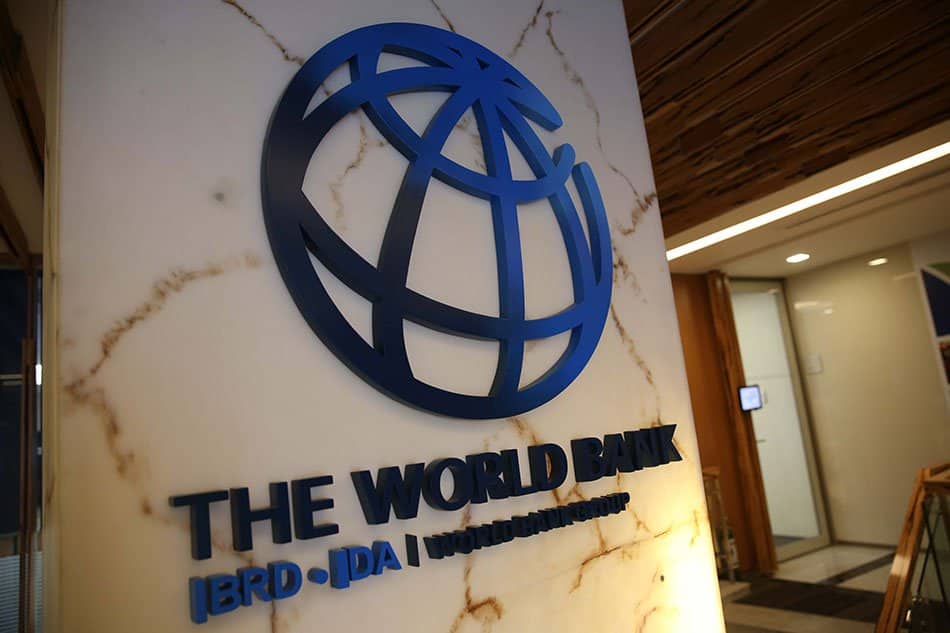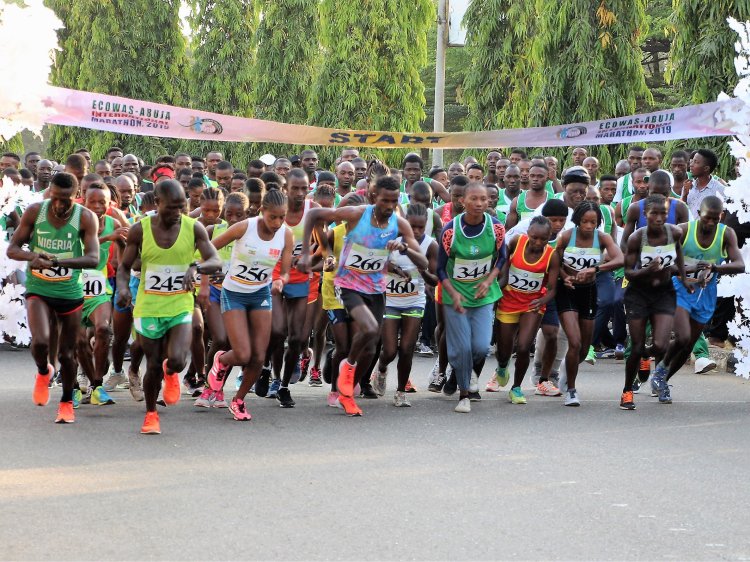The World Bank has warned that the poverty rate in Nigeria could become worse, with up to 30 million more people falling into the extreme poverty trap in the next 10 years, unless Federal Government policy reforms bring about robust productivity and inclusive growth.
According to Vanguard, the World Bank disclosed this in its latest Nigeria Economic Update, obtained from its website.
“Nigeria’s population is expected to grow by as much as 35 million in the next decade and unless the pace of growth and job creation accelerates, the country will account for a quarter of all people living in extreme poverty worldwide.
“Creating new opportunities for this rapidly increasing labour force will require a new economic model based on productivity growth,” warned Marco Hernandez, World Bank Lead Economist for Nigeria, and co-author of the latest Nigeria Economic Update.
“Without robust productivity growth, the report warns that living standards will continue to deteriorate, and the number of people living in poverty will continue to rise, increasing by more than 30 million by 2030,” the report added.
It said Nigeria could enable millions of citizens escape poverty over the next decade through enacting bold reforms designed to boost economic productivity, according to the latest economic analysis.
“The country’s growth outlook is vulnerable to domestic and global risks. It is facing a sharper than expected slowdown in the global economy, as well as geopolitical and trade tensions.
“Domestically, the predictability of macroeconomic policies, the pace of structural reforms, and the country’s security situation are the main risks.”
The update analysed the evolution of productivity in Nigeria and the policies and institutions which could help accelerate Nigeria’s economic expansion and create new job opportunities. Also outlined in the report are four priority areas that would lay the foundation for Nigeria’s transition to a new economic model that more effectively uses its large, young population and abundant natural resources to support sustainable growth and poverty reduction.
These include policy transparency and predictability, which would be critical to reduce investment risk and promote growth outside the extractive industry.
Others include massive investments in infrastructure, strengthening land tenure security; reduction in regulatory discretion in to attract domestic and foreign investment into the non-oil sector, as well as, improve access to finance which could enable new firms to compete with incumbents and allow more productive firms to scale up their operations.
The report also recommended building momentum for reforms, which are essential to mitigate risks and promote faster, more inclusive and sustainable growth that improves living standards and reduces poverty.





















